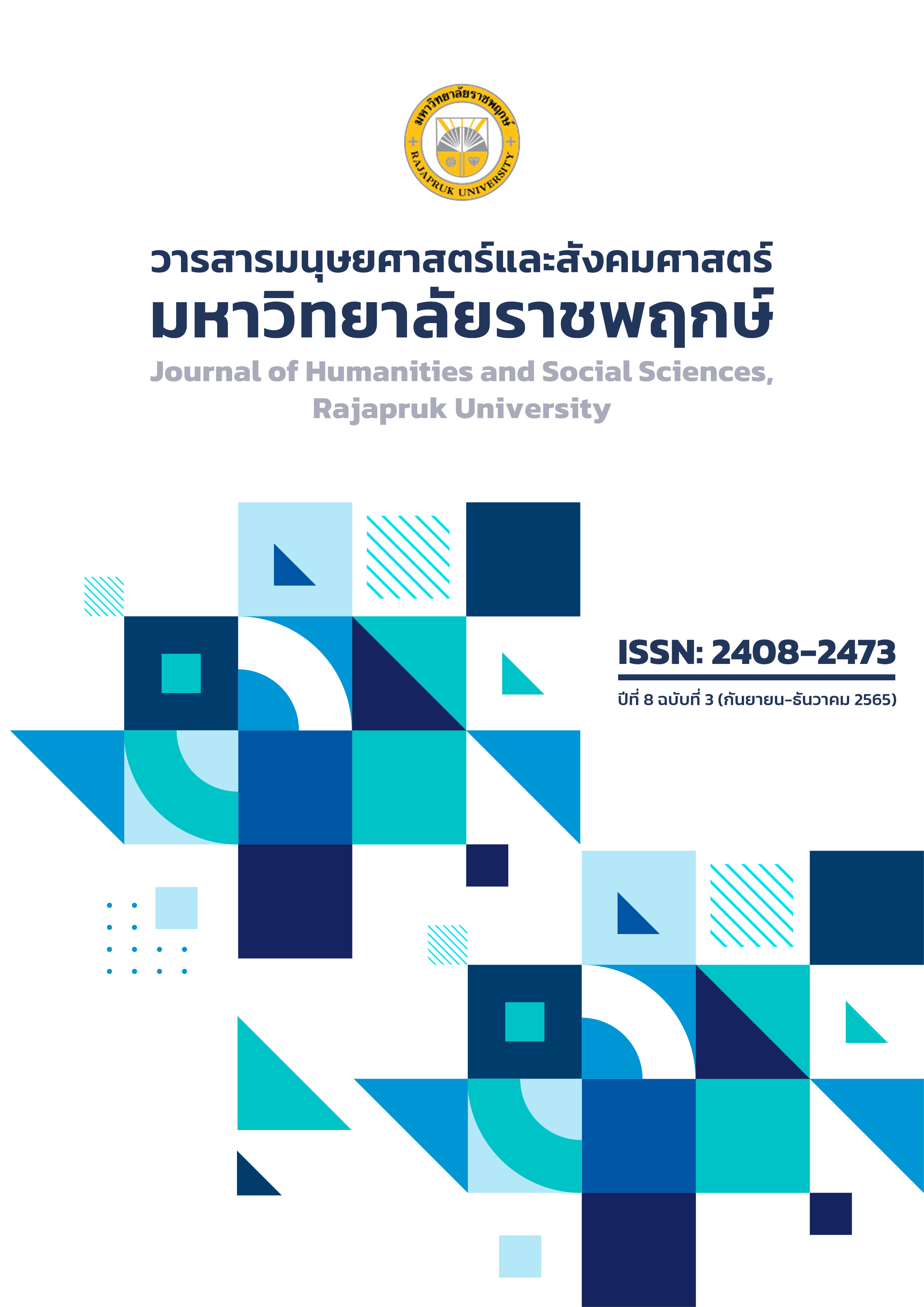Production Work Orders Management for Back Order
Main Article Content
Abstract
The purpose of this research study was to study the method of arranging production orders to solve problems in case of incomplete deliveries. It is a guideline for organizing the production system to be able to fully meet the needs of customers. Able to adjust production plans in situations that fluctuate from both internal and external factors. It is a study of the cause of the problem using sales data, production information, and product information from the company case study. To be analyzed, compiled, and understood the sequence of working processes and production processes by using Flow chart diagrams to write an overview of the process to apply a fishbone chart to find the cause of the problem, causal factors, corrective measures, manage conditional requirements and how to arrange production orders using mathematical models linear equations (Linear programming). Apply the analysis results to develop computer and information systems. The results of the research by processing from the company production data, and case studies from January to May 2021. It was found that the number of production orders in the system was reduced at a rate of 28%, the number of times to set up the machine was reduced at the rate of 18%, and the total production run time was reduced by 49.5 hours. From the information obtained, the total time spent on production resources in machinery and manpower is reduced. Increasing the production of products in the bill of materials (% Scrap) compensates for the number of products that are not fully produced according to the sales order. The production information display system (WIP tracking report) helps to show the production status, recognize the production status, and adjust the production plan at any time, reducing the chances that the product will not be delivered to the customers.
Article Details
References
ธโนทัย มงคงสินธุ์. (2558). การจัดการห่วงโซ่อุปทานในอุตสาหกรรมแฟชั่นร่วมสมัย. วารสารนักบริหาร, 35(1): 35-43.
ลลัลดา ชมโฉม. (2559). การศึกษาปัญหาและการหาวิธีการเพิ่มประสิทธิภาพเกี่ยวกับการดําเนินงานด้านเอกสารประกอบการเดินพิธีการกรมศุลกากร (ใบขนขาออก) กรณีศึกษา บริษัทตัวแทนส่งออกสินค้าทางอากาศแห่งหนึ่ง. งานนิพนธ์วิทยาศาสตรมหาบัณฑิต สาขาวิชาโลจิสติกส์และโซ่อุปทาน คณะโลจิสติกส์ มหาวิทยาลัยบูรพา.
สถาพร โอภาสานนท์. (2563). การจัดการโลจิสติกส์ในช่วงวิกฤตโรคระบาด. ค้นเมื่อวันที่ 30 มิถุนายน 2563, จาก https://www.tbs.tu.ac.th/wp- content/uploads/2020/04/การจัดการโลจิสติกส์ในช่วงวิกฤตโรคระบาด.pdf
Dantzig, G. B., & Thapa, M. N. (1997). Linear programming 1 introduction. New York: Springker.
Leanman.(2015). The seven wastes of lean. Retrieved on December, 19th, 2021, from https://leanmanufacturingtools.org/wp-content/uploads/2016/11/seven-wastes.pdf


